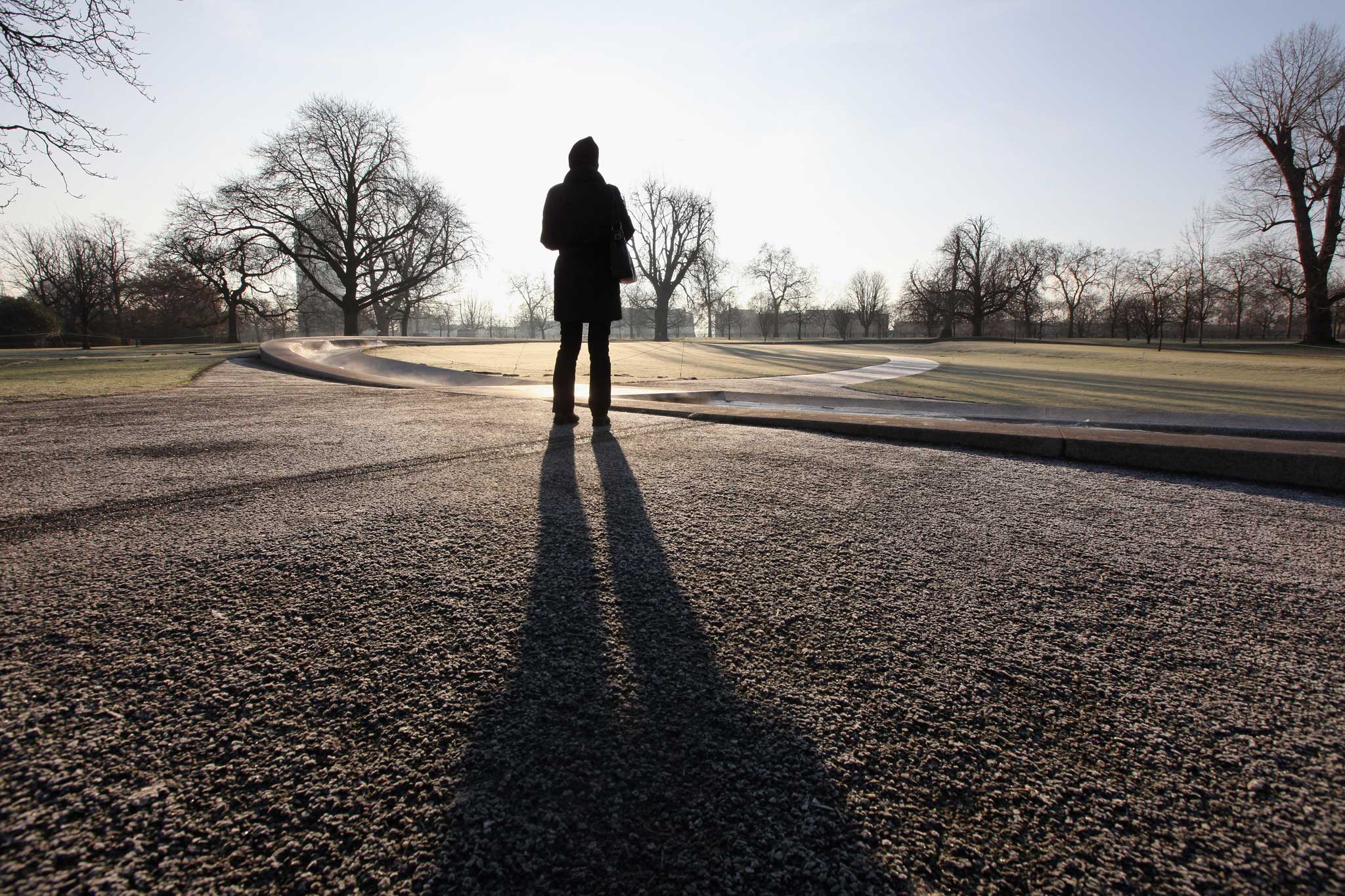A Philosophy of Walking by Frédéric Gros, book review: Re-engaging with physical pursuits can provide an escape from the digital life

Your support helps us to tell the story
From reproductive rights to climate change to Big Tech, The Independent is on the ground when the story is developing. Whether it's investigating the financials of Elon Musk's pro-Trump PAC or producing our latest documentary, 'The A Word', which shines a light on the American women fighting for reproductive rights, we know how important it is to parse out the facts from the messaging.
At such a critical moment in US history, we need reporters on the ground. Your donation allows us to keep sending journalists to speak to both sides of the story.
The Independent is trusted by Americans across the entire political spectrum. And unlike many other quality news outlets, we choose not to lock Americans out of our reporting and analysis with paywalls. We believe quality journalism should be available to everyone, paid for by those who can afford it.
Your support makes all the difference.Every action has an equal and opposite reaction, Isaac Newton told us long ago. As we enfold ourselves more and more in the digital world a contrary impulse has arisen, the desire for a direct re-engagement with the physical world through activity, whether it be mountaineering, potholing, cycling or walking.
Walkers, and those who have written about walking, tend to fall into two camps: urban flâneurs, descendants of Baudelaire and the Situationists, and those striking out into the countryside in the footsteps of Rousseau, Thoreau and Edward Thomas. So far, so pedestrian. Several histories of walking and its relation to literature exist already and our bestseller lists are regularly topped by ambulatory writers repackaging their journeys for a sedentary audience. What then can Gros, a professor of philosophy from Paris, add to our understanding? Inevitably there is crossover in his selection of authors and philosophers from the past who have been advocates of walking with other such studies such as Rebecca Solnitt's Wanderlust.
However, his perspective does add something to Anglophone commentaries, for instance in his insight into new and old world attitudes to nature. For a European, he points out, a journey into the wilderness is a return to an ancient, ancestral home, while for a North American like Thoreau it represented the future. Gros is a practitioner as well as a theorist, by choice a member of the rural walking school, claiming that navigating the city on foot is "torture to the lover of long rambles in nature because it imposes...an interrupted, uneven rhythm".
Nevertheless, he includes a chapter on the subversive urban stroller, born in the 19th century, when cities became large enough to become landscapes in their own right; and also on the peculiar urban display that took place in public parks like the Tuilieries Gardens in Paris, where the fashionable in past centuries sauntered, ogling, posing and displaying their finery and the trees "are still scarred with women's names, by sad lovers". For the urban dweller, the outside is merely a transition between home and subway, subway and office, while real life continues indoors. On a walk of several days in the countryside this order is reversed and the walker believes him or herself "right in the middle of the world: this really is my home all day long".
As might be expected, Gros is good on the relationship between mental and physical landscapes: on mountain-loving Nietzsche's belief certain ideas can only be grasped above 6,000ft and Rousseau's peregrinations in quest of the "original man" within, journeys on which he claimed he had "never thought so much, lived so much, been so much myself". Gros dislikes books "like fattened geese, crammed with citations", yet is not above quoting and providing mini-biographies of authors including Thoreau, Rimbaud, Wordsworth and Kant. Their often poignant life-stories – Rimbaud, the great escapee on foot, was eventually halted by the poisoning and subsequent amputation of a leg; Nietzsche, the strider over mountains, descended into madness and had to be pushed out in a bath chair – are interspersed with the author's own meditations on walking.
Sometimes these, like walking itself, can be repetitive, but in the way a landscape is gradually absorbed by the long-distance rambler they steadily build into an insistent exhortation: get up, get out and walk!
Join our commenting forum
Join thought-provoking conversations, follow other Independent readers and see their replies
Comments